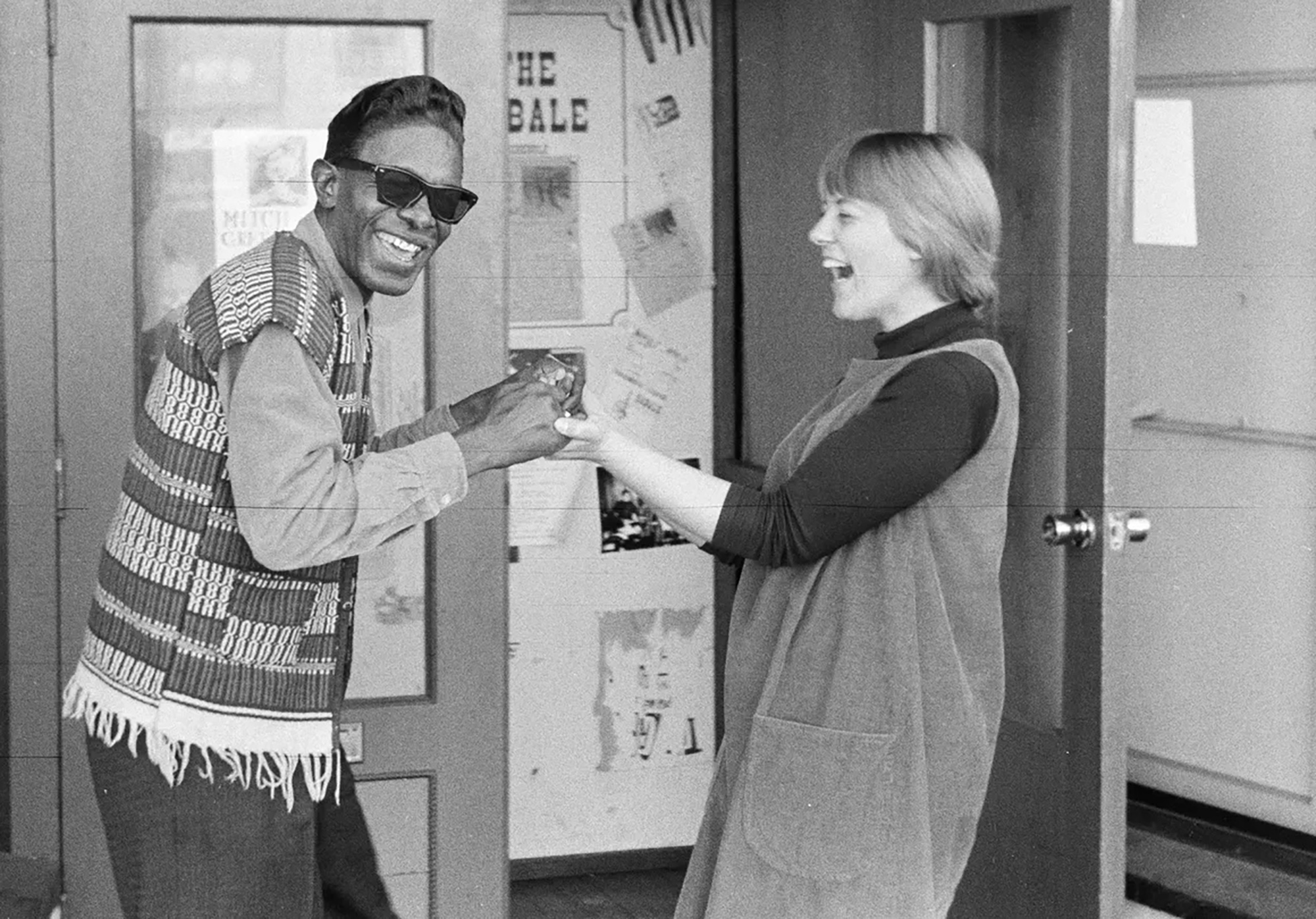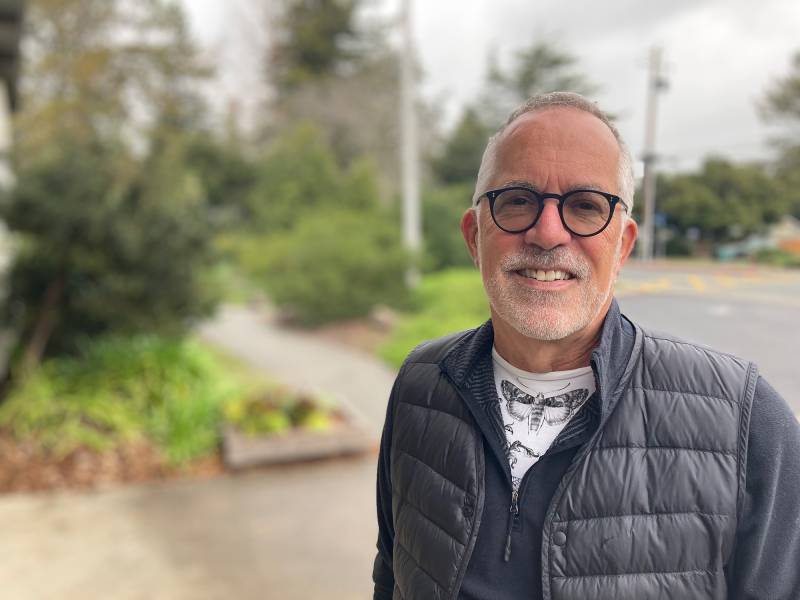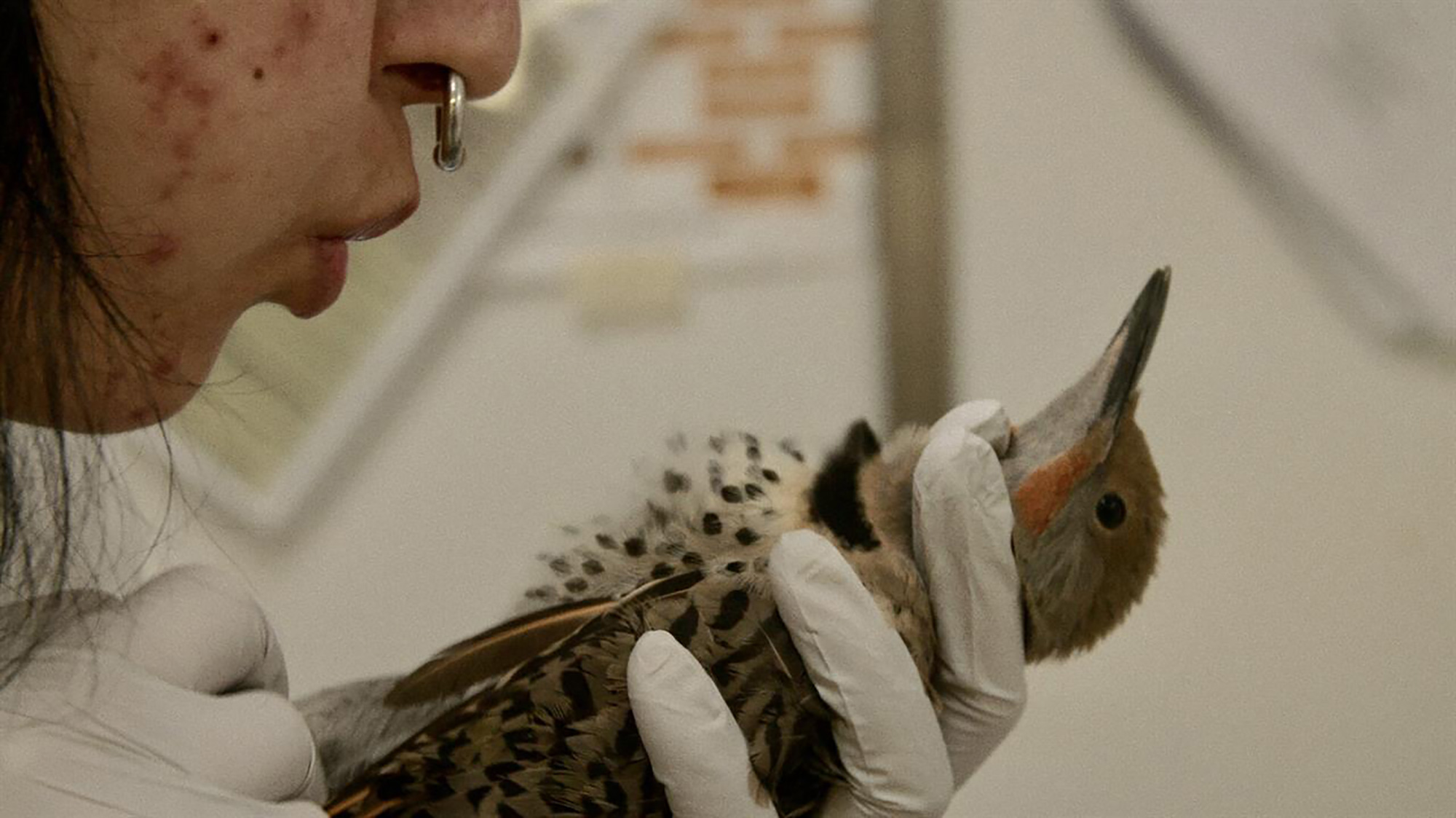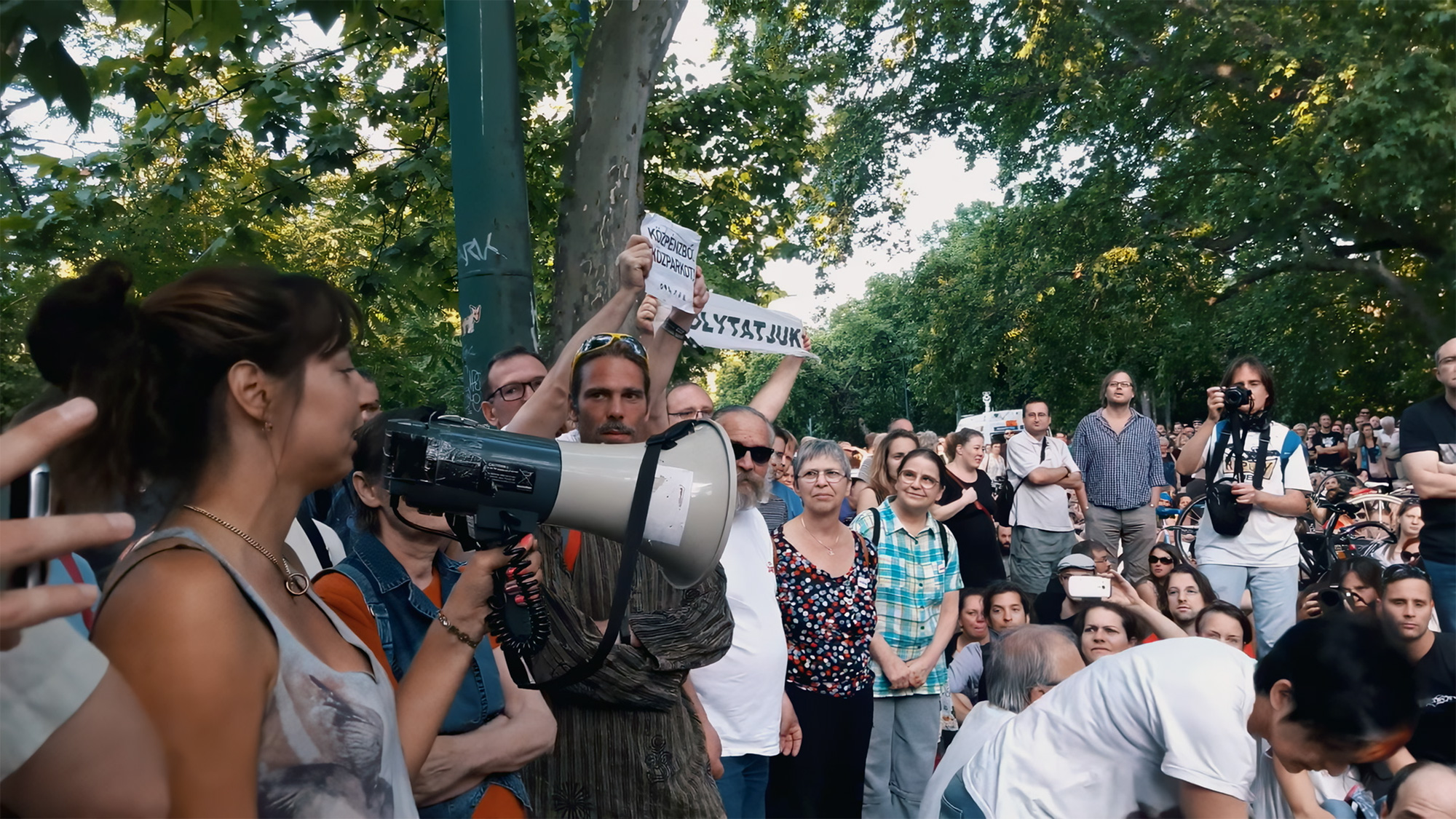When John Cooper finally returned to film festivals, he decided to start small.
Having retired to the small town of Sebastopol, where barely anyone knew his background, the former director of the Sundance Film Festival offered to volunteer at a local documentary festival. They assigned him to work the sandwich table.
“Not telling them who I was or anything,” Cooper says on a recent afternoon in Sebastopol, recalling his amused relief at being bossed around, for a change. “And I saw some movies, and it was fun, and sweet.”
Cooper’s anonymity didn’t last long. Once people realized who he was, he was quickly promoted from sandwich server to help plan the entire 2025 Sebastopol Documentary Film Festival. After a year-long hiatus so Cooper could reshape it, the festival returns this weekend, March 27–30.

It also marks a return for Cooper, now in his late 60s, who grew up partly in Sebastopol. (“Back when the train went down Main Street,” he reminisces.) He attended Santa Rosa Junior College, doing Summer Repertory Theatre there as an actor and dancer, before moving away in the 1970s. After leaving Sundance in 2020, retirement beckoned; so did Sonoma County.




